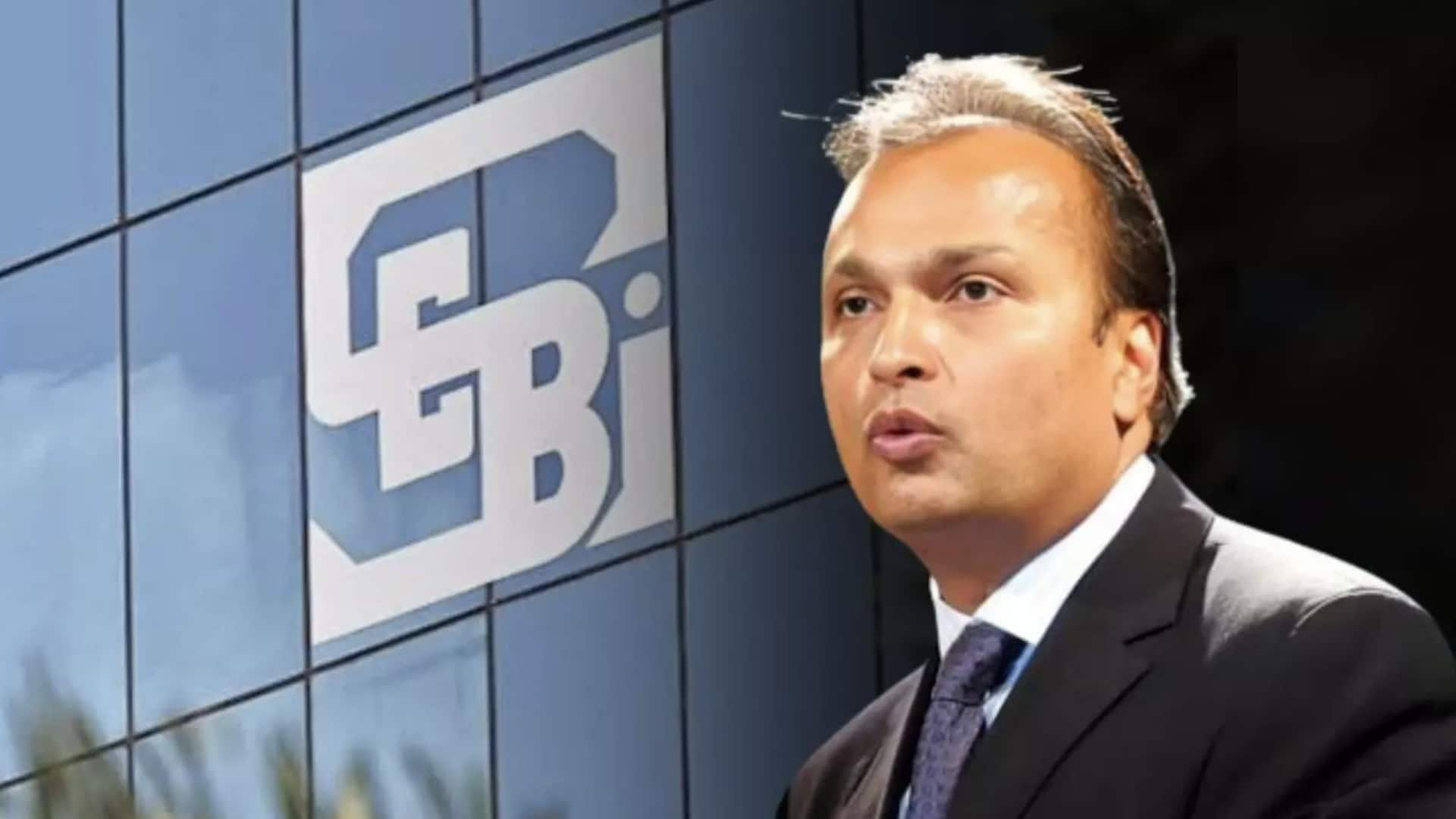
SEBI rejects Anil Ambani's settlement plea in Yes Bank case
What's the story
India's market regulator, the Securities and Exchange Board of India(SEBI), has rejected a settlement plea by industrialist Anil Ambani. The case pertains to investments made in lender Yes Bank by Reliance Mutual Fund, which was influenced by Ambani. The rejection could expose him to a penalty of at least $208 million, documents reviewed by Reuters show.
Investment details
What is the case about?
The case involves an investment of $245.3 million by Ambani's Reliance Mutual Fund in Yes Bank's additional tier-1 bonds between 2016 and 2019. These bonds were written off after the bank was declared insolvent in 2020. Notably, Reliance Mutual Fund was sold to Nippon Life Insurance in 2019, before these charges were leveled against it.
Investigation findings
Investment made in lieu of loans given by Yes Bank
SEBI's investigation found that the investment was made in lieu of loans given by Yes Bank to other companies owned by Ambani. The regulator said on July 7 that the fund's actions resulted in an investor wealth loss of ₹18.28 billion and had a "market-wide impact." This comes amid renewed scrutiny over Ambani's dealings with Yes Bank after its insolvency and subsequent rescue by lenders.
Regulatory action
SEBI to issue directions asking Ambani to compensate investors
SEBI has informed Ambani and his son Jai Anmol that it will issue directions asking them to compensate investors. Further action could include monetary penalties. The regulator found that Ambani influenced investment decisions at Reliance Mutual Fund through Sundeep Sikka, the fund house's CEO and chief investment officer. This was revealed in an investigation by SEBI which also cited meetings between Ambani and fund house executives during the disputed investments.
Information sharing
Findings shared with Enforcement Directorate
SEBI has also shared its findings with the Enforcement Directorate, sources told Reuters. The regulator's investigation found lapses and non-compliance in adherence to internal policy and procedure at Reliance Mutual Fund. It also noted that the fund house, its CEO, chief investment officer, and former chief risk officer have been charged for alleged investor losses. These four individuals have filed a separate settlement application worth ₹950 million which is still under consideration.